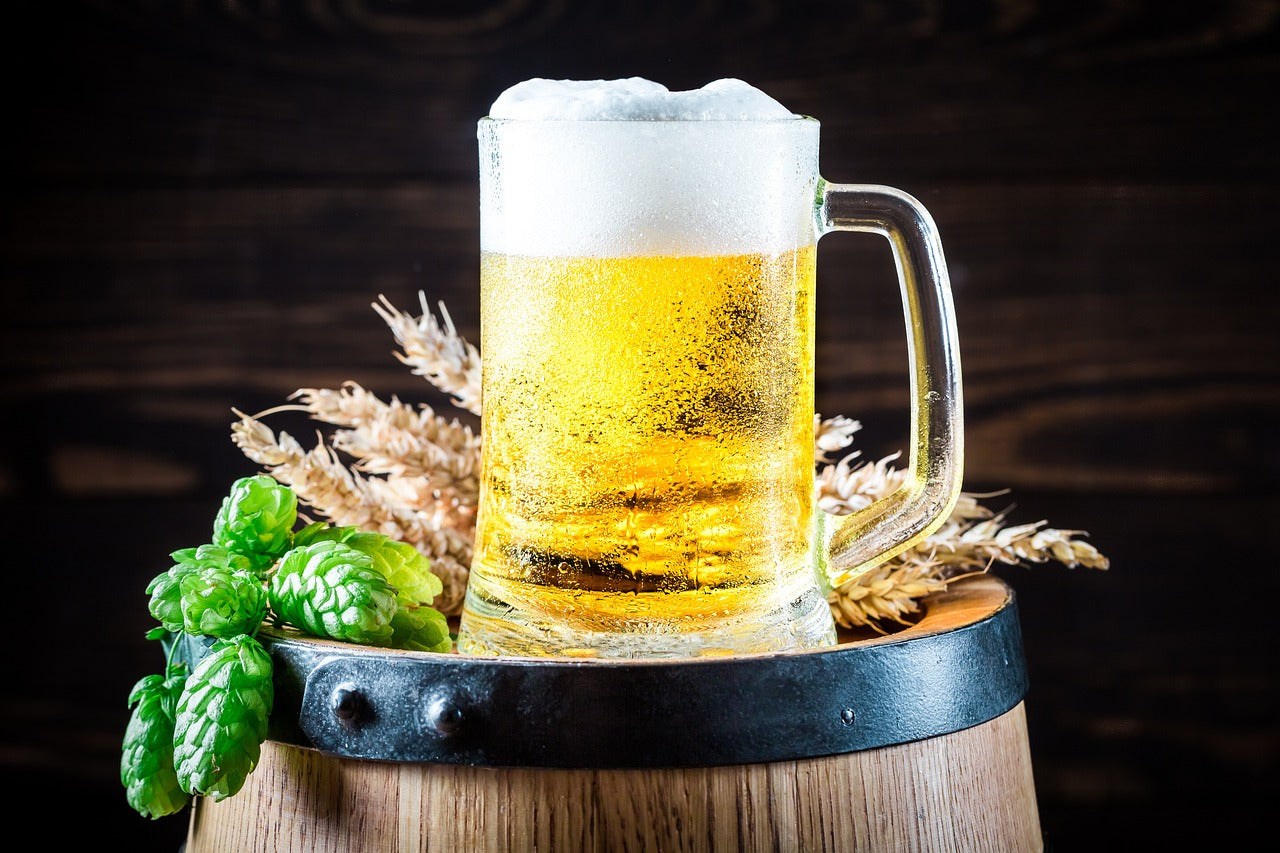
Alarming Study Says This Dangerous Trend Has Doubled Since 2005
This might not come as a shock to some of you.
Reports show binge drinking in the United States is on the rise.
According to NBC news, “Nationally, 18.3 percent of Americans were binge drinkers in 2012, an increase of nearly 9 percent since 2005. But the percentage of drinkers hasn’t changed — in both 2005 and 2012, 56 percent of Americans said they drank alcohol.”
The problem with this is obvious.
The cumulative damage caused by binge drinking can be quite detrimental.
“Heavy drinkers are setting themselves up for liver disease and many forms of cancer, while binge drinkers can see not only health effects but damage to their jobs, marriages and friendships — not to mention the risk of vehicle accidents,” the study reports.
One thing that the study ignores is the risk heavy drinking poses on bone health.
What most people aren’t aware of is chronic drinking can affect your body's ability to absorb calcium. Even 2-3 ounces a day can have effects on total calcium absorption.
The way alcohol affects the body is by interfering with the pancreas and how it handles both calcium and Vitamin D. It also affects the liver negatively, and since the liver is needed for the activation of Vitamin D, this too can negatively affect calcium absorption.
Dr. Brunilda Nazario notes other ways alcohol affects bone health:
The hormones important to bone health also go awry. Some studies suggest that alcohol decreases estrogen and can lead to irregular periods. As estrogen declines, bone remodeling slows and leads to bone loss. If you’re in the menopausal years, this adds to the bone loss that’s naturally occurring, says Kaur.
There’s an increase in two potentially bone-damaging hormones, cortisol and parathyroid hormone. High levels of cortisol seen in people with alcoholism can decrease bone formation and increase bone breakdown. Chronic alcohol consumption also increases parathyroid hormone, which leaches calcium from the bone, she says.
The conclusion is everyone should drink less.
But, even if you enjoy alcohol on occasion, it can still inhibit the formation of healthy bone.
One solution is to supplement with Vitamin K-2.
Vitamin K-2 is one of the most important vitamins for proper bone health. It’s also one which nearly all Americans are deficient in.
If you have low levels of calcium because of drinking, K-2 can help bring that calcium out of the blood and into the bone and teeth where it belongs.
Not to mention it has been shown to help clear calcium out of arteries which might often be the result of poor blood pressure from drinking too much.
Vitamin K-2 is one of the most important nutrients for bone health.
While it won’t offset the dangerous side effects of drinking too much, it can help increase calcium uptake for those who don’t have enough of it in their diet.
Consider taking a soy-free dose of around 150mg for the best effect.
Talk soon,
Dr. Wiggy
www.HealthAsItOughtToBe.com



